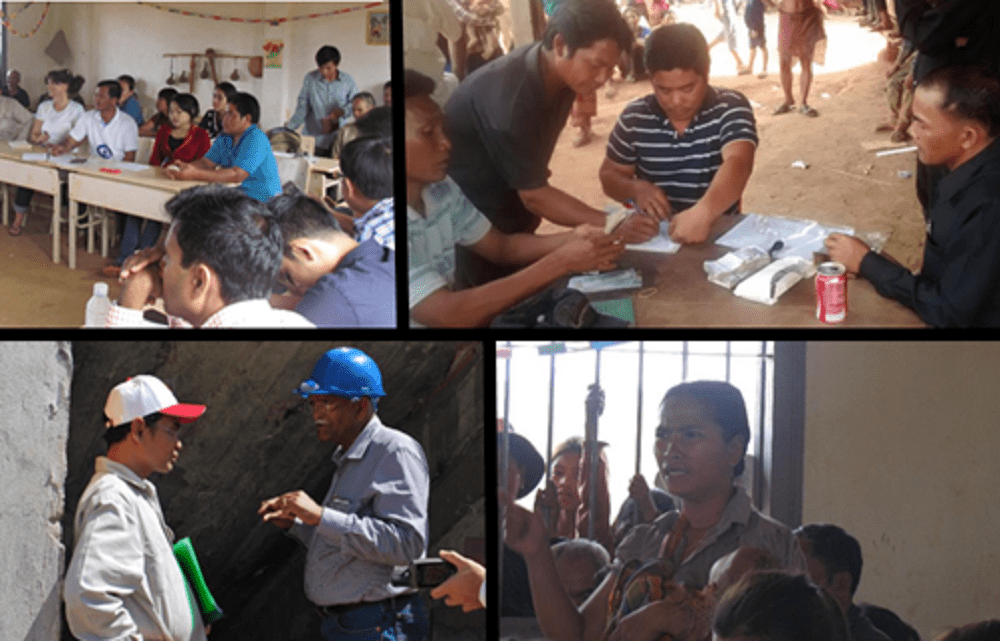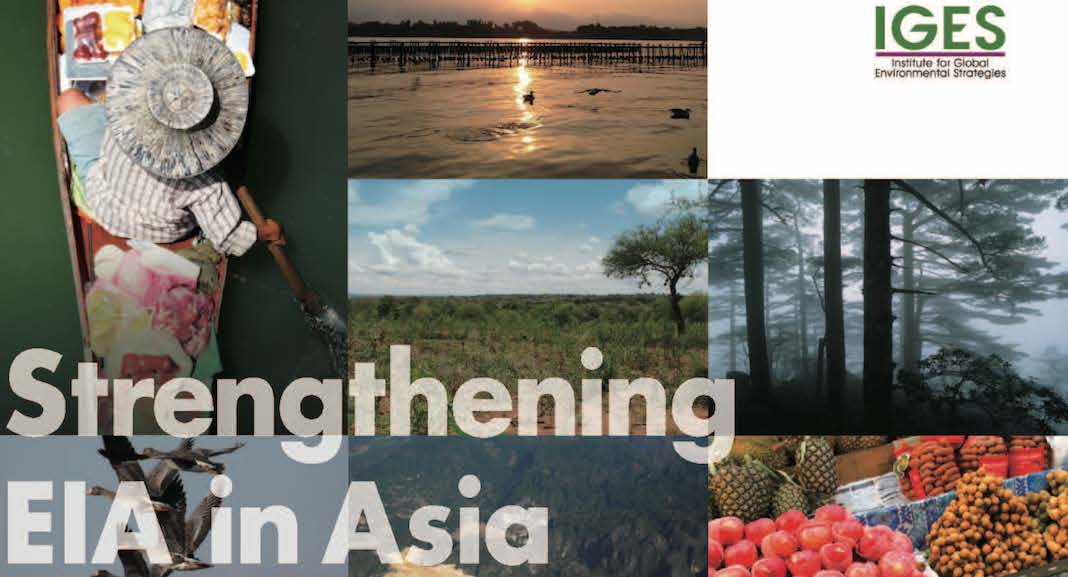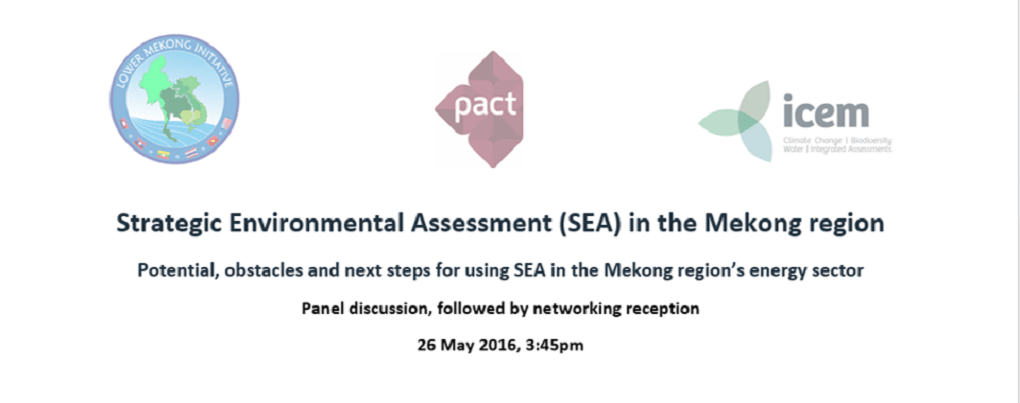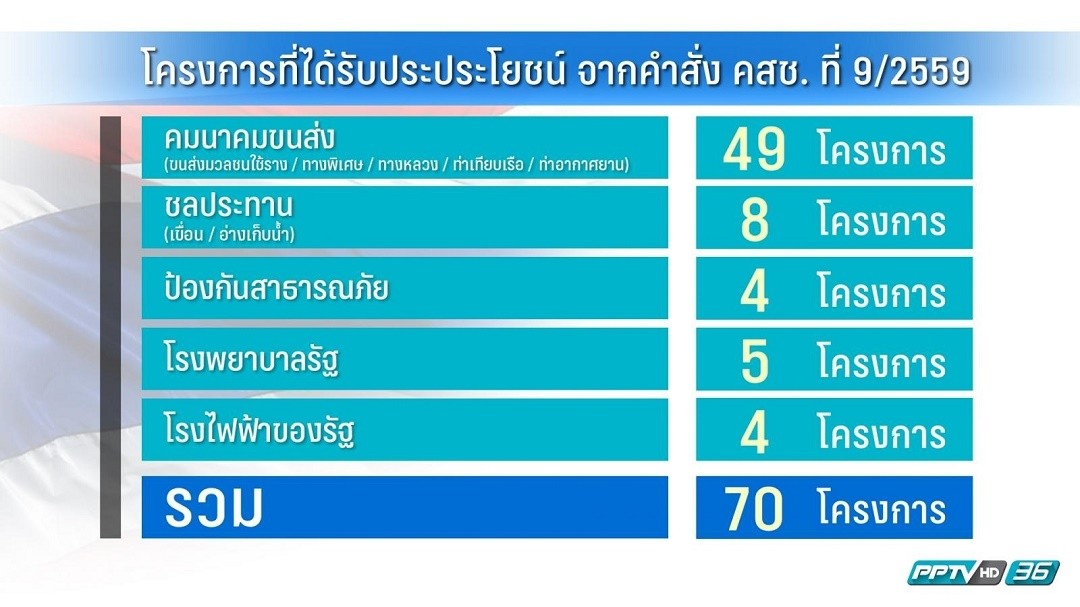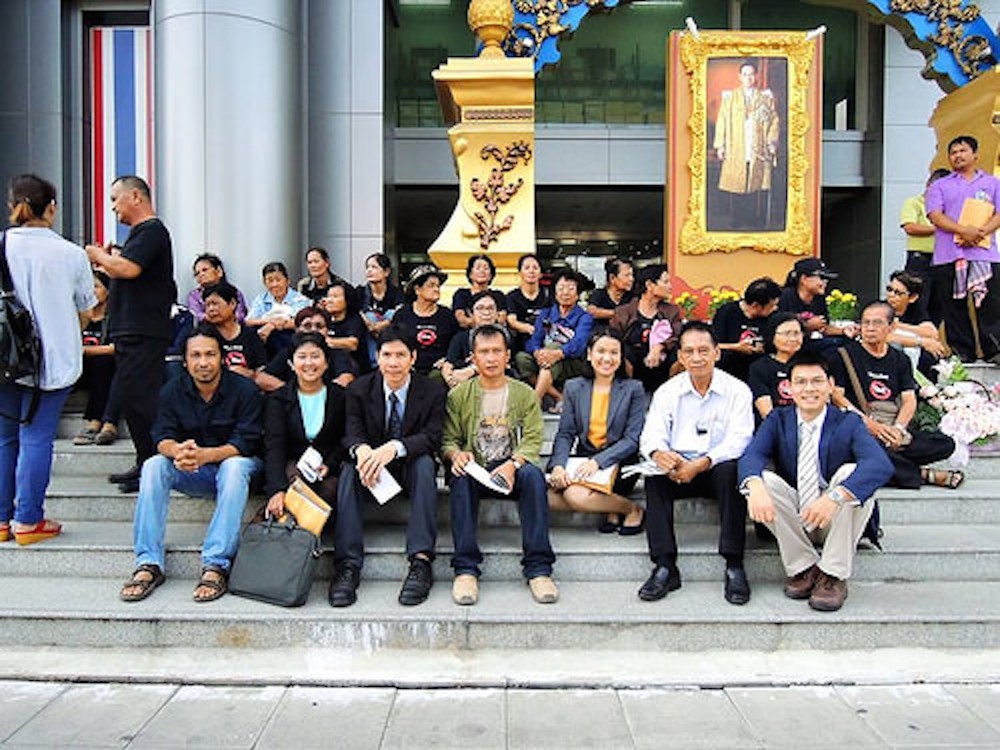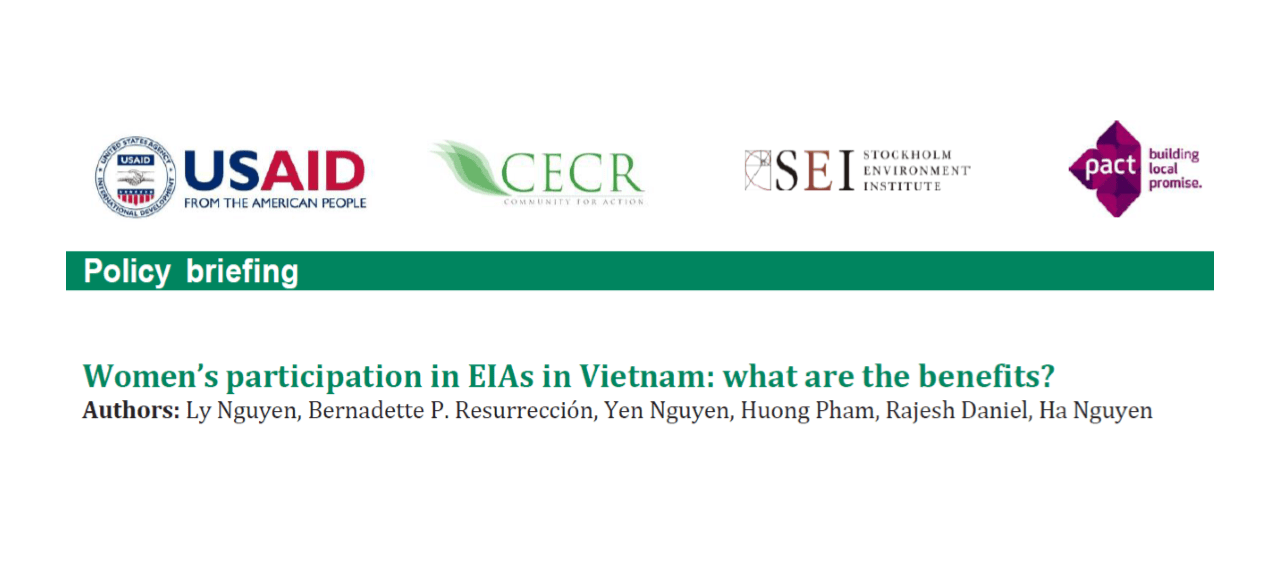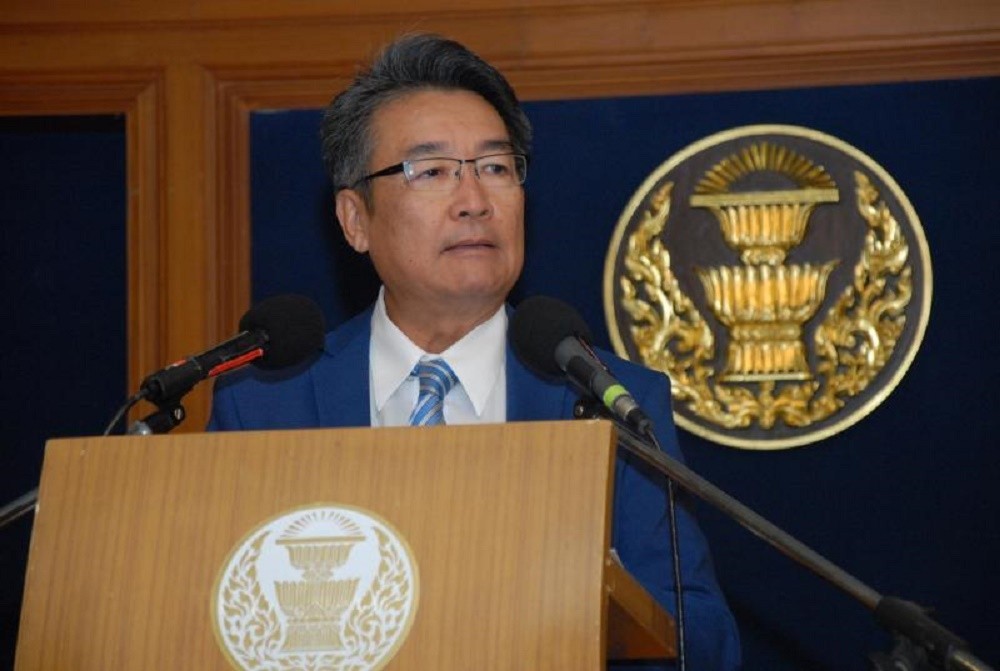Cambodia’s Ministry of Mines and Energy and the Ministry of Environment have co-signed an agreement to improve Environmental Impact Assessment (EIA) requirements in artisanal and small scale mining projects. Mekong Partnership for the Environment (MPE) partner Development and Partnership in Action (DPA) and a network of CSOs they facilitate played a key role in advising the government prior to the final agreement. The agreement aims to bring better transparency leading to stronger public participation in EIA processes.
Tag: EIA
New EIA rules for mining
Kali Kotoski The Ministry of Mines and Energy signed joint prakas with the Ministry of Environment to simplifying the environmental impact assessment (EIA) requirements for artisanal and small-scale mining practices. The law has set up a transitional regime for EIA compliance, based on the scale and scope of existing mining operations in attempt to formalise […]
Strengthening EIA In Asia
This report was prepared for the Asia EIA Conference 2016 organised on 10 May by the Ministry of the Environment, Japan (MOEJ). The conference was held under the theme of enhancing EIA as a sustainable development planning tool in Asia in collaboration with the Asian Development Bank (ADB) and in cooperation with the US Environmental Protection Agency (USEPA).
The report is based on a study conducted in seven Asian countries, namely Cambodia, Indonesia, Korea, Lao PDR, Myanmar, Thailand and Viet Nam, on their national EIA systems and their implementation, between September 2014 and February 2016. The report aims to summarise and analyse challenges, opportunities and good practices on EIA in these countries to propose possible ways forward as well as potential mutual learning points for strengthening EIA implementation and thus advancing towards a sustainable society. Findings are presented in four segments: (i) quality of EIA (screening and scoping, impact assessment and environmental management and monitoring plan (EMMP), and review and approval of EIA); (ii) information disclosure and public participation; (iii) EMMP implementation; and (iv) Strategic Environmental Assessment (SEA) and upstream EIA.
EVENT: Strategic Environmental Assessment (SEA) in the Mekong region
On May 26, 2016 Pact and the International Center for Environmental Management (ICEM) invite you to a panel discussion on strategic environmental assessment as it relates to energy investments in the lower Mekong region. The discussion will be followed by a networking reception recognizing 25 government officials from the lower Mekong region who are participating in a workshop on the same topic.
Concern over big power projects on exemption list
POWER-PLANT projects that could generate up to 30,778 megawatts, proposed in the Power Development Plan 2015, have shown up in the city-planning exemption list announced by the National Energy Policy Council, raising concern among environmental activists over unregulated development.
Thursday’s announcement also includes alternative power projects under the Alternative Energy Development Plan 2015 and LNG (liquefied natural gas) station and receiving-terminal projects under the Gas Plan 2015.
The controversial Mae Wong Dam in Nakhon Sawan is also on the list appended to the announcement.
Surachai Trongngam, secretary-general of the Environmental Litigation and Advocacy for the Wants Foundation, said the announcement was clarification of a previous National Council for Peace and Order (NCPO) order, 4/2559, and gave more specific information on which projects were being included in the city-law exemption list.
Thai Ministry of Natural Resources confirm order will not put pressure on EIA approval process
Environmental scholars and a network of Civil Society Organizations protested against NCPO’s order no. 9/2559 which permits the state enterprises to select private companies to initiate their projects before an environmental impact assessment (EIA) gets approval. On March 10, the Ministry of Natural Resources and Environment as the primary agency responsible for the preparation for EIA reports, clarified regarding the concerns raised by academics and the CSO network that called for review and cancellation of the order.
Order flawed but regime doesn’t care
In plain words, the NCPO’s order No.9/2559 can only quicken projects when it assumes the EIA and EHIA will be approved as a rubber stamp. All other attempts to justify it are illogical.
But then again, there is a similar failed logic here as in past suggestions that people grow velvet beans instead of rice, shower less in the face of drought or refrain from making sparks to avoid wildfires.
As the military regime lingers on, the daily dose of illogicality is increasing and becomes more flagrant. If a fast-track solution is ever needed, it’s to expedite the exit of one immodest man’s rule to the more sensible one-man, one-vote.
POLICY BRIEF: Women’s participation in EIAs in Vietnam: what are the benefits?
Center for Environment and Community Research (CECR) conducted policy research to investigate the nature, extent, constraints and outcomes of women’s participation in two development project sites in Vietnam. These project sites were the Trung Son Hydropower Project funded by the World Bank and the Phu Hoa Landfill Project supported by the Asian Development Bank. Both projects have undergone EIA processes.
CDC revises provision on community rights in draft constitution
Commission added ‘community rights’ in the charter draft and required projects that have impacts on health to do EIA. At the same time, the revised provision also stipulates that the public have the right to file complaints against state agencies if they fail to comply with this charter.
Thai junta slashes EIA procedures on state projects
The Thai junta enacted a new order to cut short the process to conduct Environmental Impact Assessment on mega project constructions.
On Tuesday, 8 March 2016, the public website of the Royal Gazette published the latest order of the National Council for Peace and Order (NCPO), Order 9/2016.
The title of the NCPO’s Order 9/2016 reads ‘Additional Laws on Promotion and Protection of the Quality of Nation’s Environment’
The order was authorised on Monday by Gen Prayut Chan-o-cha, the junta leader and Prime Minister, who invoked authorities under Section 44 of the Interim Constitution which gives the regime absolute power, to enact it with immediate effect.


